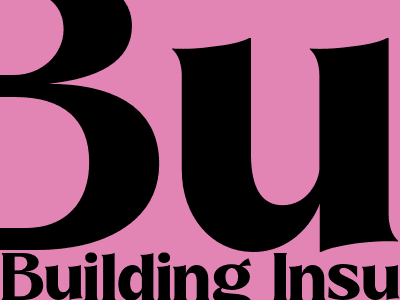
Building Insulation Material Market to Grow at a CAGR of 3.21%, Reaching USD 39.1 Billion by 2032
Market Overview
The global building insulation material market is expected to register a steady growth rate of 3.21% during the forecast period from 2023 to 2032, reaching a value of USD 39.1 billion by 2032. This growth is attributed to the increasing demand for energy-efficient buildings and rising environmental concerns.
Building insulation materials play a crucial role in reducing heat transfer between the interior and exterior of a building, resulting in lower energy consumption for heating and cooling. As the world becomes more mindful of the environmental impact of energy usage, the demand for sustainable and energy-efficient building solutions is growing.
Key Drivers
Rising Energy Costs: Soaring energy costs are compelling homeowners and commercial building owners to seek ways to reduce their energy consumption. Building insulation materials offer a cost-effective solution by minimizing heat loss and gain, leading to lower heating and cooling expenses.
Government Regulations and Incentives: Stringent building codes and government incentives in various countries encourage the adoption of energy-efficient measures in construction. These regulations often mandate the use of insulation materials to meet energy efficiency standards and reduce carbon emissions.
Market Segments
The building insulation material market can be segmented based on:
- Material Type: Glass wool, rock wool, cellulose, polyisocyanurate (PIR), and expanded polystyrene (EPS)
- Application: Residential, commercial, and industrial buildings
- Region: North America, Asia Pacific, Europe, Middle East and Africa, and South America
Competitive Landscape
The building insulation material market is highly competitive, with several key players holding significant market shares. Some of the prominent industry participants include Owens Corning, Saint-Gobain, Knauf Insulation, Johns Manville, and BASF.
These companies focus on innovation, product development, and strategic acquisitions to expand their market presence. They invest in research and development to enhance the thermal performance, fire resistance, and acoustic insulation properties of their products.
Regional Dynamics
The Asia Pacific region is expected to dominate the building insulation material market due to rapid urbanization, rising construction activities, and increasing awareness of energy efficiency.
North America and Europe are also key markets for building insulation materials, driven by stringent building codes and government incentives. The Middle East and Africa region is expected to witness steady growth due to increasing disposable incomes and the development of new commercial and residential projects.
Key Takeaways
- The global building insulation material market is projected to reach USD 39.1 billion by 2032, driven by rising energy costs and government regulations.
- Glass wool and rock wool are widely used insulation materials due to their excellent thermal and acoustic properties.
- The Asia Pacific region is expected to be the fastest-growing market for building insulation materials due to rapid urbanization and economic growth.
- Key industry players focus on innovation and product development to gain competitive advantages.
- The building insulation material market is expected to remain competitive, with the entry of new players and strategic mergers and acquisitions.